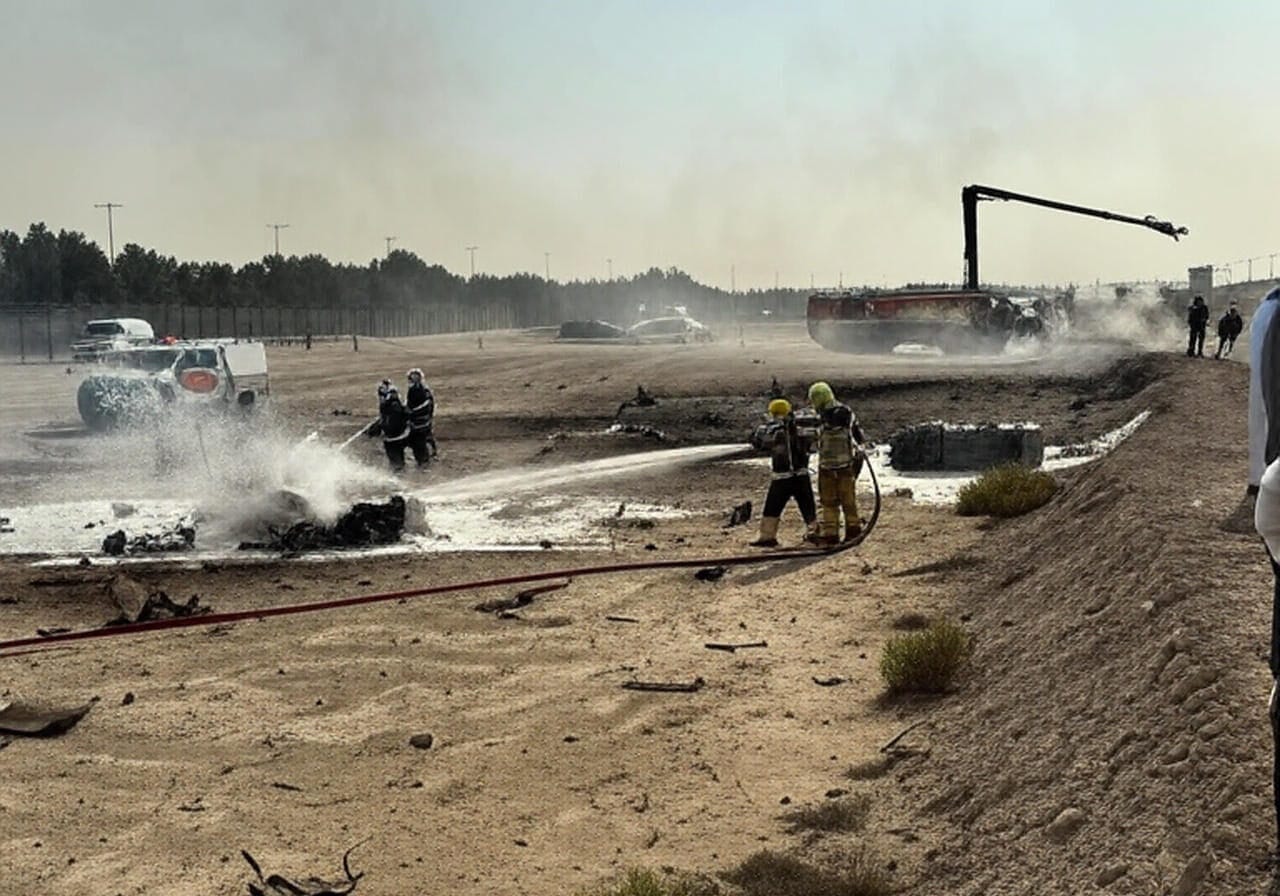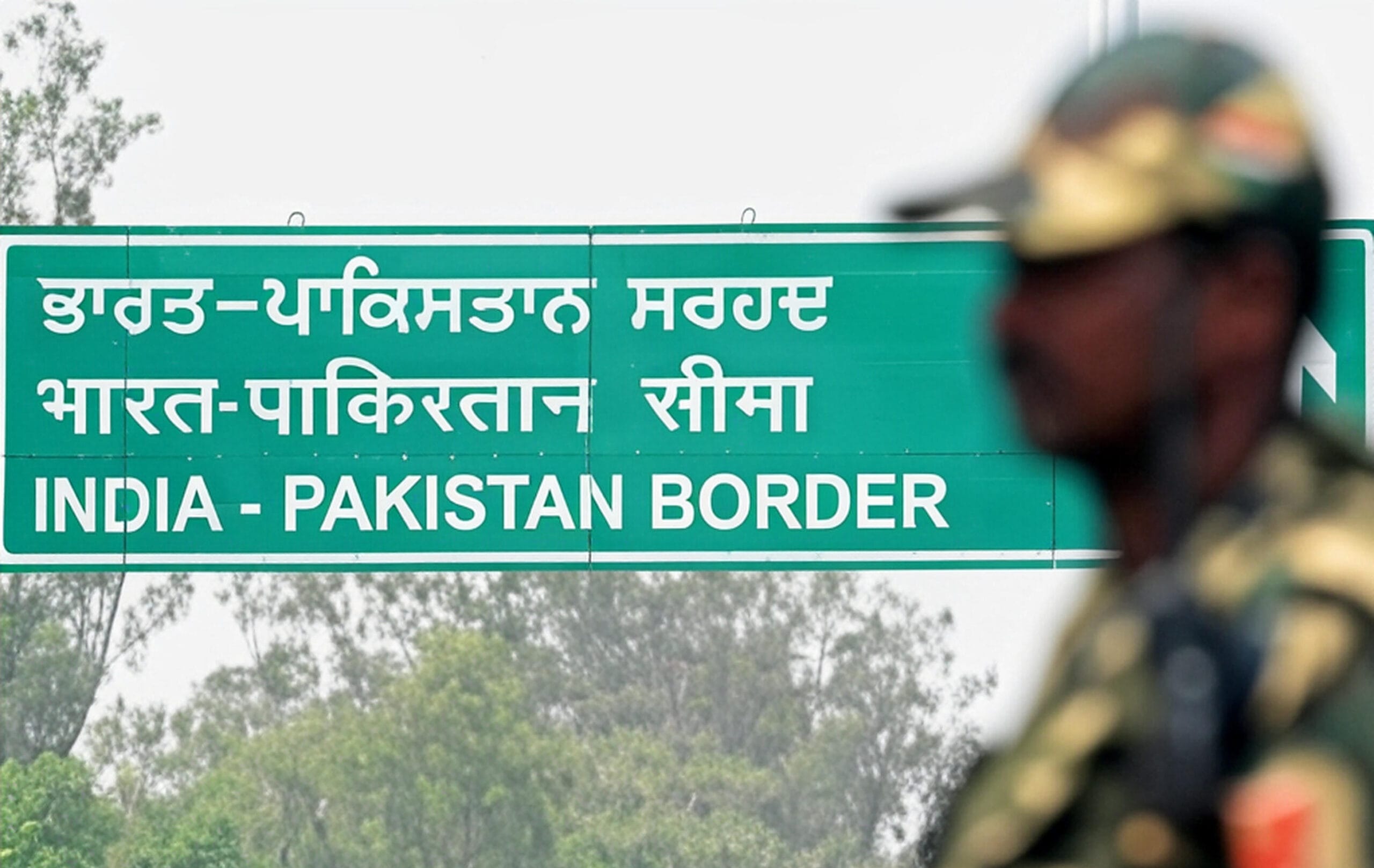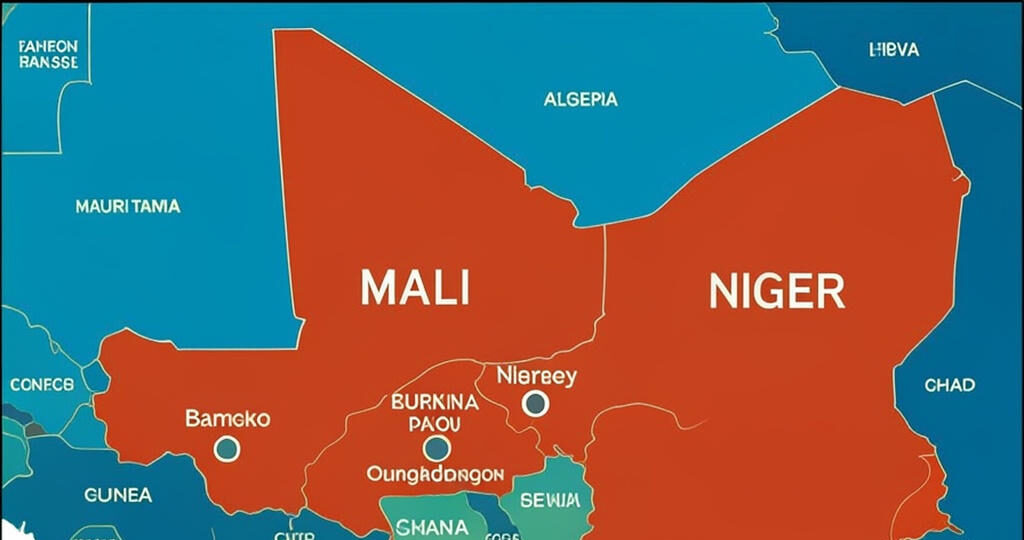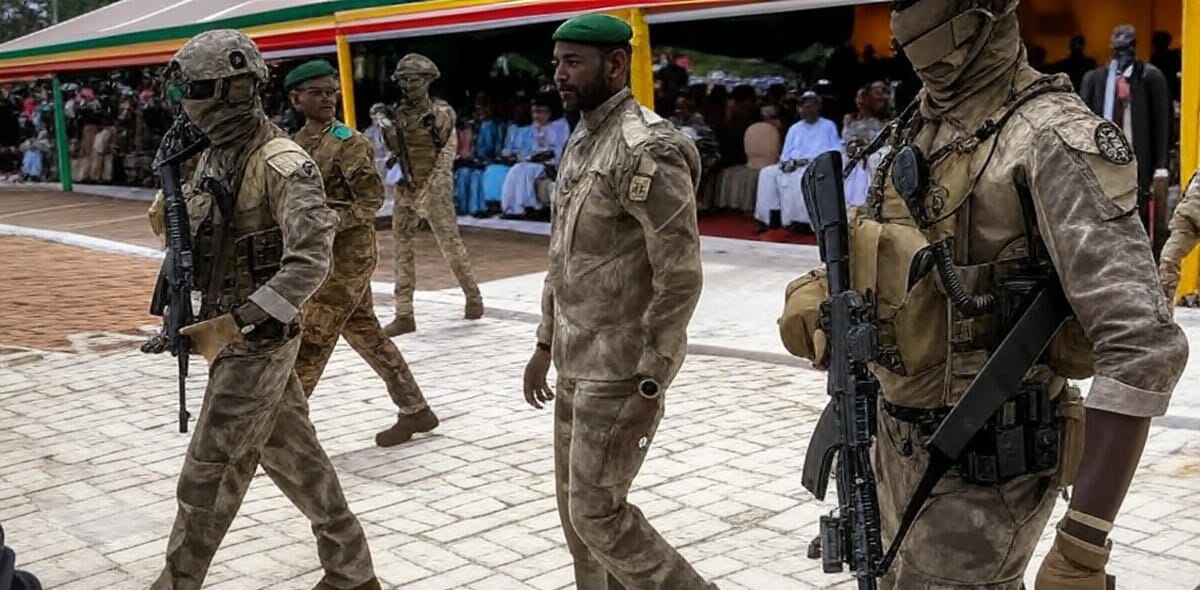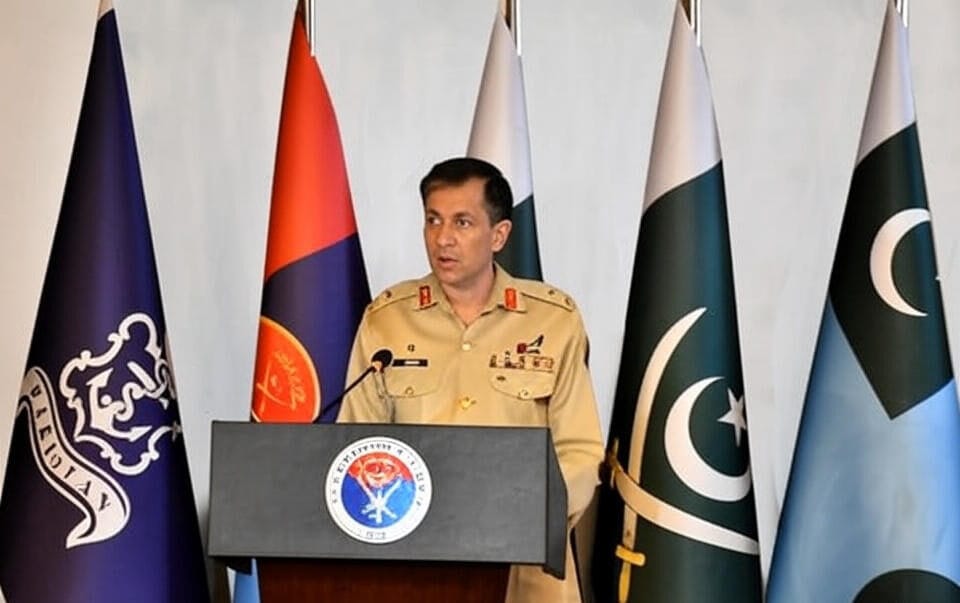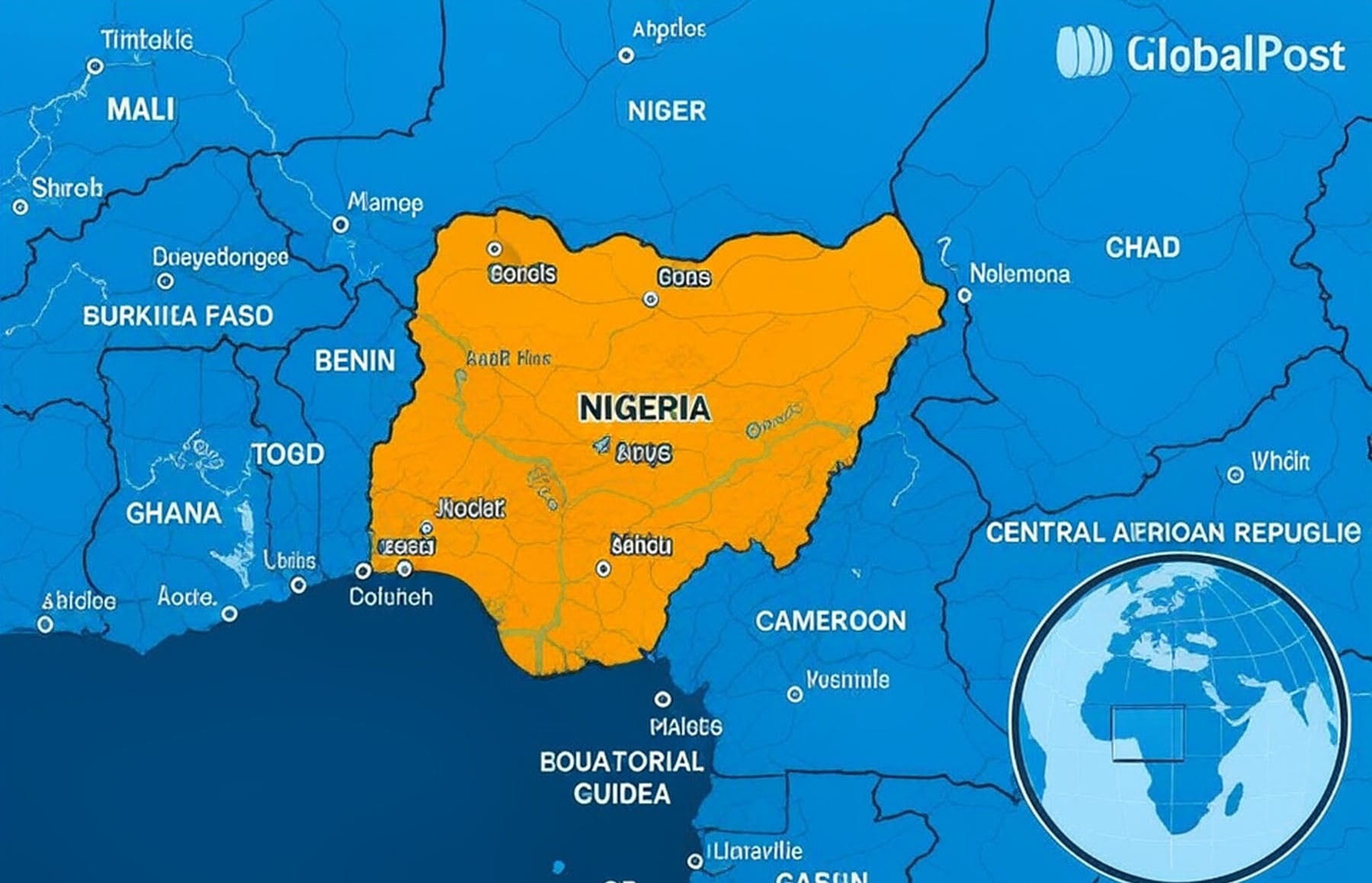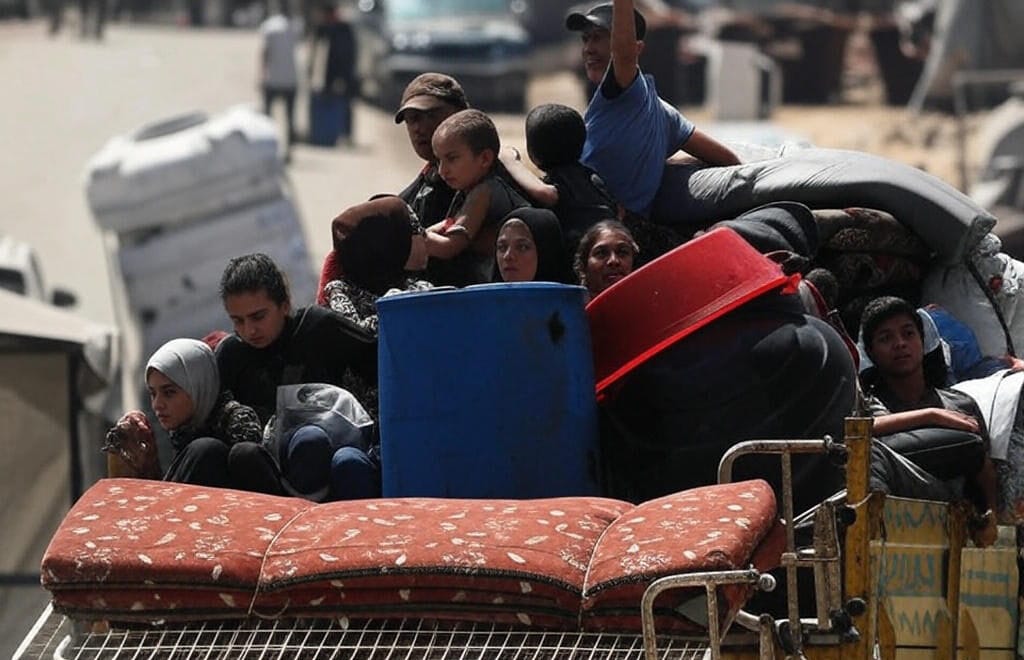
In a historic move, the International Association of Genocide Scholars (IAGS) has labeled Israel’s military actions in Gaza as genocide, sparking global debate. Announced on September 1, 2025, this resolution, backed by 86% of voting members, calls for urgent international action to address the worsening humanitarian crisis in Gaza, now in its 22nd month. With the International Court of Justice (ICJ) and International Criminal Court (ICC) already involved, this declaration amplifies demands for accountability and peace. Below, we explore the resolution, its context, and what it means for the future.
What Is the IAGS Resolution?
The IAGS, a respected body of over 500 genocide scholars, including Holocaust and international law experts, issued a detailed resolution. It argues that Israel’s actions in Gaza meet the criteria for genocide under the 1948 UN Genocide Convention, which defines genocide as acts intended to destroy a group through killing, harm, or unlivable conditions. The resolution, supported by 28% of members (exceeding the 20% quorum), has drawn attention for its bold stance.
Key Points of the Declaration
The IAGS resolution outlines specific concerns about Israel’s conduct:
- Civilian Attacks: Over 63,000 Palestinian deaths and 160,000 injuries, including strikes on homes, schools, and hospitals, as reported by Gaza’s health ministry.
- Aid Blockades: Restrictions on food, water, and fuel have led to famine in areas like Deir al-Balah, confirmed by UN reports.
- Forced Displacement: Nearly all of Gaza’s 2.3 million residents have been displaced, with some Israeli proposals suggesting permanent expulsion.
- Dehumanizing Rhetoric: Statements from Israeli officials, like calls to “flatten Gaza,” are cited as evidence of genocidal intent.
The resolution also labels these actions as war crimes and crimes against humanity, urging an immediate halt. IAGS President Melanie O’Brien, a law professor, called it a “clear statement” from genocide experts.
The Gaza Conflict Explained
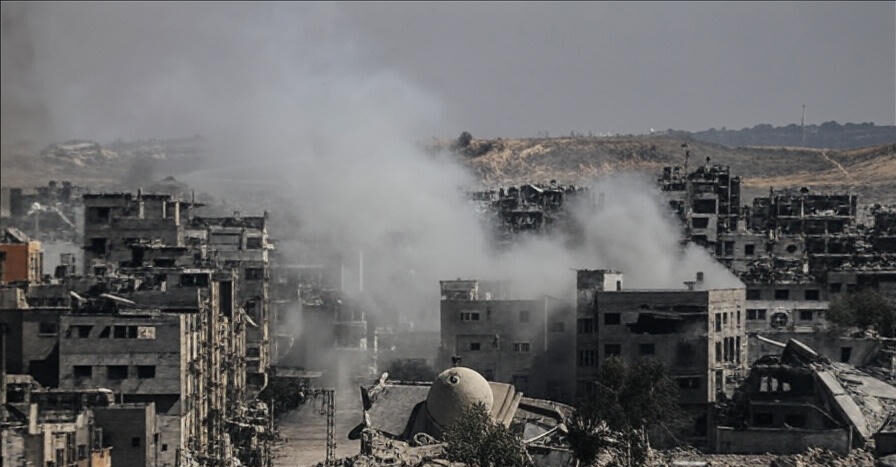
The current war began with Hamas’s October 7, 2023, attack on Israel, killing 1,200 people and taking 251 hostages. Israel’s response—aimed at dismantling Hamas—has included airstrikes, ground operations, and a blockade. This has left much of Gaza in ruins, with famine looming and over 100,000 recently displaced by floods. The IAGS argues Israel’s actions go beyond self-defense, targeting the broader Palestinian population.
Why This Matters Globally
The IAGS’s declaration aligns with ICJ findings that genocide in Gaza is “plausible” and ICC arrest warrants for Israeli leaders like Benjamin Netanyahu. Human rights groups like Amnesty International and B’Tselem have echoed these concerns, pointing to widespread destruction and suffering. The resolution calls for:
- Global Action: UN states should enforce the Genocide Convention, including stopping arms sales to Israel.
- Humanitarian Aid: Immediate support for Gaza’s displaced and starving population.
- Legal Accountability: Compliance with ICC rulings and reparations for victims.
Israel’s Response and Controversy
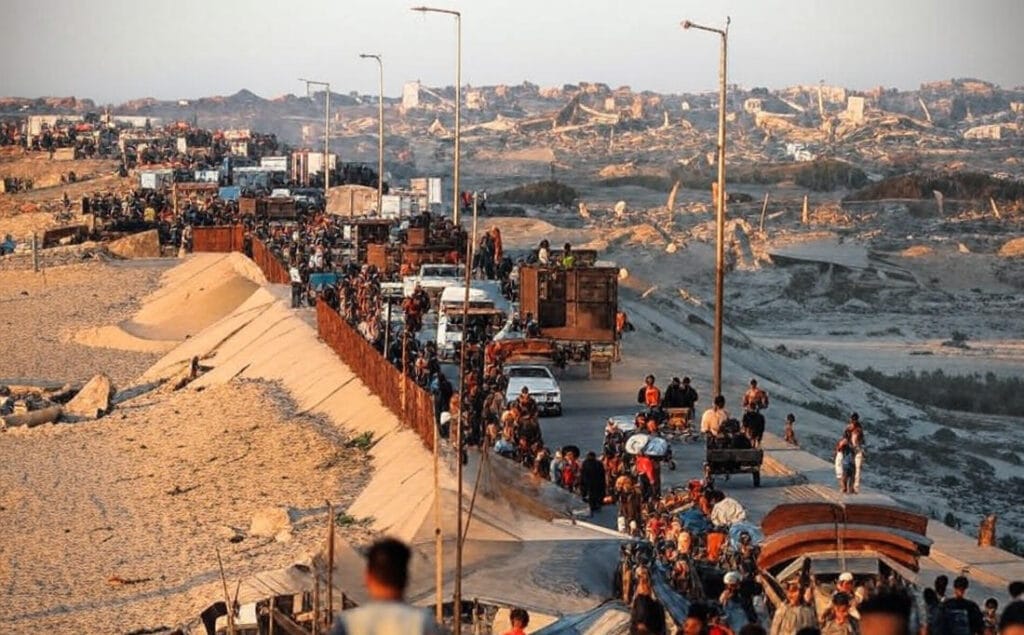
Israel’s Foreign Ministry called the resolution “disgraceful” and accused the IAGS of antisemitism, arguing it unfairly paints Israel as the aggressor. They claim operations target only Hamas, which uses civilian areas as shields, and cite efforts like evacuation warnings. Some scholars, including 424 who signed a letter led by Elliot Malin, criticize the IAGS for procedural flaws and ignoring Hamas’s role. This dissent, reported in outlets like The Jerusalem Post, highlights deep divisions.
Voices of Dissent
Critics argue the resolution:
- Lacks transparency in voting processes.
- Overlooks Hamas’s actions, like hostage-taking.
- Misrepresents Israel’s aid and evacuation efforts.
Despite this, the IAGS stands firm, supported by groups like Physicians for Human Rights, who document ongoing violence and deprivation.
What’s Next for Gaza?
The declaration strengthens pressure on world leaders to act. It could influence ICJ rulings, push for arms embargoes, and spur ceasefire talks, like those mediated by Qatar. Long-term, it raises questions about Gaza’s reconstruction and the path to a two-state solution. With Gaza City now a combat zone, the urgency for resolution grows.
How You Can Stay Informed
- Follow UN Updates: Track Security Council meetings for ceasefire developments.
- Support Aid Efforts: Donate to verified organizations helping Gaza’s displaced.
- Read Primary Sources: Check IAGS and ICC reports for unfiltered details.
This resolution marks a turning point in how the world views the Gaza crisis. As calls for justice grow louder, the international community faces a test of its commitment to human rights. Stay engaged as this story evolves.
